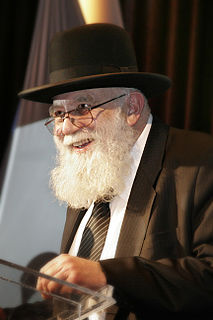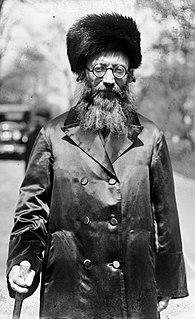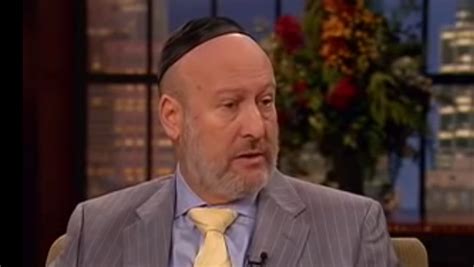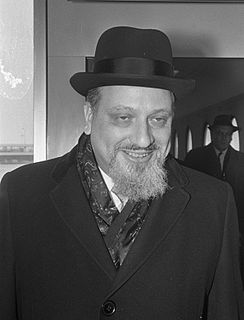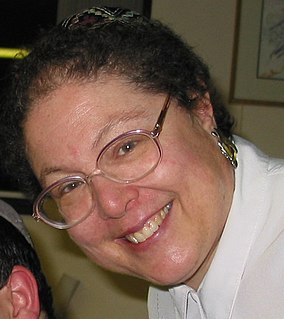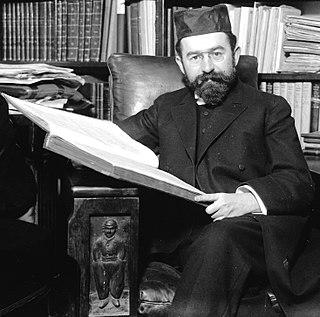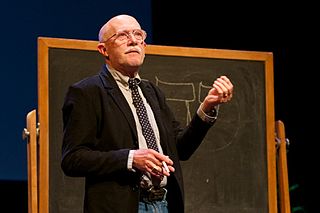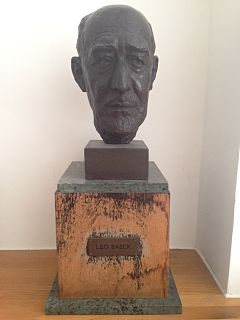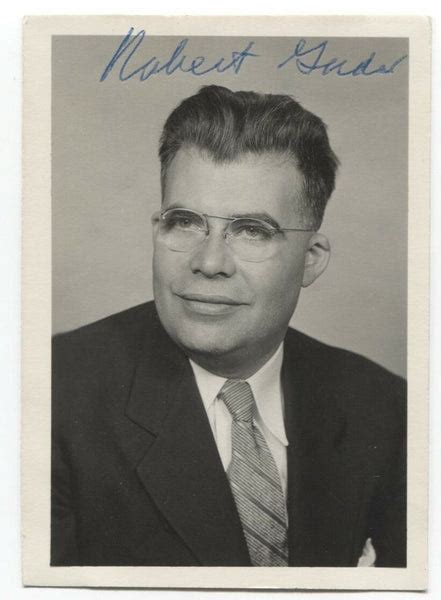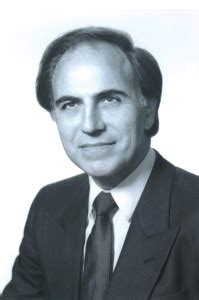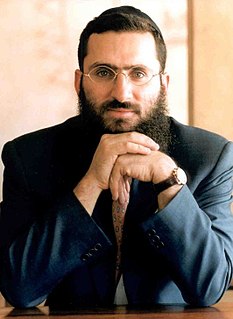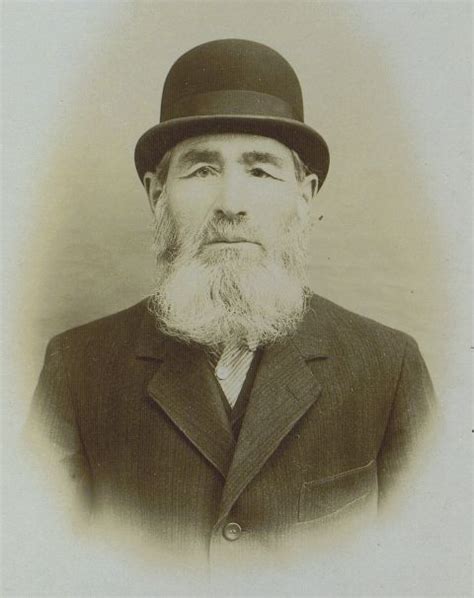A Quote by Noah Weinberg
People often avoid making decisions out of fear of making a mistake. Actually the failure to make decisions is one of life's biggest mistakes.
Related Quotes
If we decide rightly what to do, or use a correct procedure for making such decisions, that has to be because the decisions or the procedure rest on good reasons, and these reasons consist in the apprehension of truths about what we ought to do. Because these truths must constitute reasons for our decisions, and because in the rational order, reasons must always precede the decisions based on them, the truth conditions of claims about what we ought to cannot be reduced to, or constructed out of, decisions about what to do, or procedures for making such decisions.
If you're stuck in a rut doing the same thing over and over again, what are you actually, really achieving? I'm someone who strives for success, for self-growth and new experiences, and to make a record that pushes me out of my comfort zone is something that's really exciting. It means you're making new decisions, you're making bold decisions, you're being scared, and you're getting through that - hopefully making something you're proud of, or being in a better position that makes you feel stronger as a human being.
People are trying to build a society where they can talk across the aisle so to speak, and have civil discourse. At the same time we're trying to inform ourselves about what's really true so that we can make evidence based decisions that is better than superstition or rumor. But the fact is that people who use evidence based decision making have much better life outcomes, greater life satisfaction, they live longer, they make better personal and medical decisions, better financial decisions. But parallel to that is you can't reason somebody out of a position they didn't reason themselves into.
The way to make better decisions is to make more of them. Then make sure you learn from each one, including those that don't seem to work out in the short term: they will provide valuable distinctions to make better evaluations and therefore decisions in the future. Realize that decision making, like any skill you focus on improving, gets better the more often you do it.
